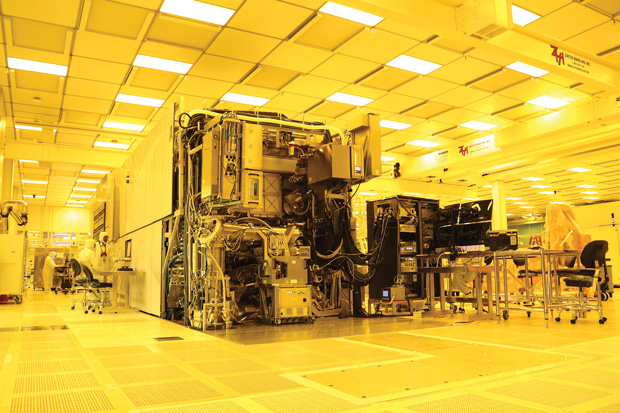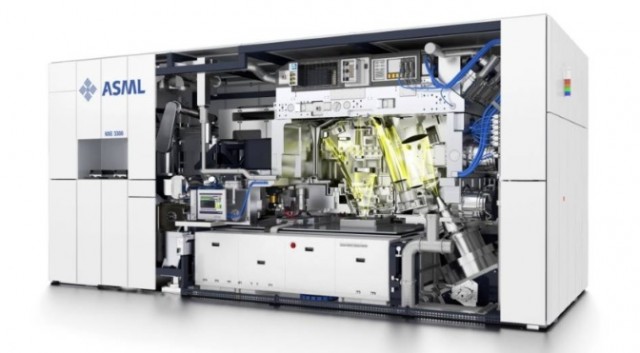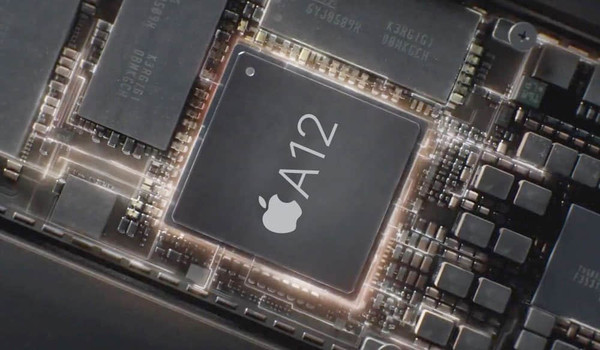
TSMC said it will begin production in April next year using the 5nm manufacturing process. TSMC has first announced that it has introduced extreme ultraviolet exposure equipment (EUV) to start production of the second-generation 7nm N7 + manufacturing process. TSMC has already begun mass production of semiconductors through its first-generation 7nm manufacturing process, N7, in April. But the new N7 + has 20% higher transistor density and 8% lower power consumption. The operating frequency is expected to increase by 6 ~ 12%.
Another major announcement is the 5nm manufacturing process, N5, introduced earlier. In the case of RP (Risk Production), as mentioned above, it is said that it will produce in April next year. RP refers to the fact that the fab is produced independently of the original test character without receiving a chip production request from a specific customer. This is what is called as the fab is producing at risk with a preliminary investment in the step of seeking a demand.
Of course, the N7 + is an improved version of the existing N7. Performance alone can not be expected to progress to leaps and bounds. On the other hand, the N5 and 5nm fabrication processes, which have been further miniaturized, use EUVs up to 14 layers and the semiconductor density is expected to be greatly improved.

In comparison with the mainstream N7 semiconductor chip, transistor density is 1.8 times as high as N5 generation. This allows semiconductor manufacturers to cut design area by as much as 45%. Power consumption is expected to decline by 20% and operating frequency by 15%.
TSMC will use N5 in April next year to produce chipsets, but considering that it takes about one year for the RP to be in production and mass production, the N5 is expected to enter the market in the second quarter of 2020. Apple, which is entrusting semiconductor production to TSMC, is likely to become the touted A14 chip using the 5nm manufacturing process by 2020.

As EUV technology becomes a necessity, the cost of fabricating fabs is increasing in the semiconductor fab industry. Global competitors, such as Founder Lee, have announced that they will cease production of 7nm manufacturing process. It is unclear whether the semiconductor industry will remain as strong as it is now until 2020, and TSMC’s risk of making a significant upfront investment can be seen as a shakeout to another big rival, Samsung or Intel. For more information, please click here .

